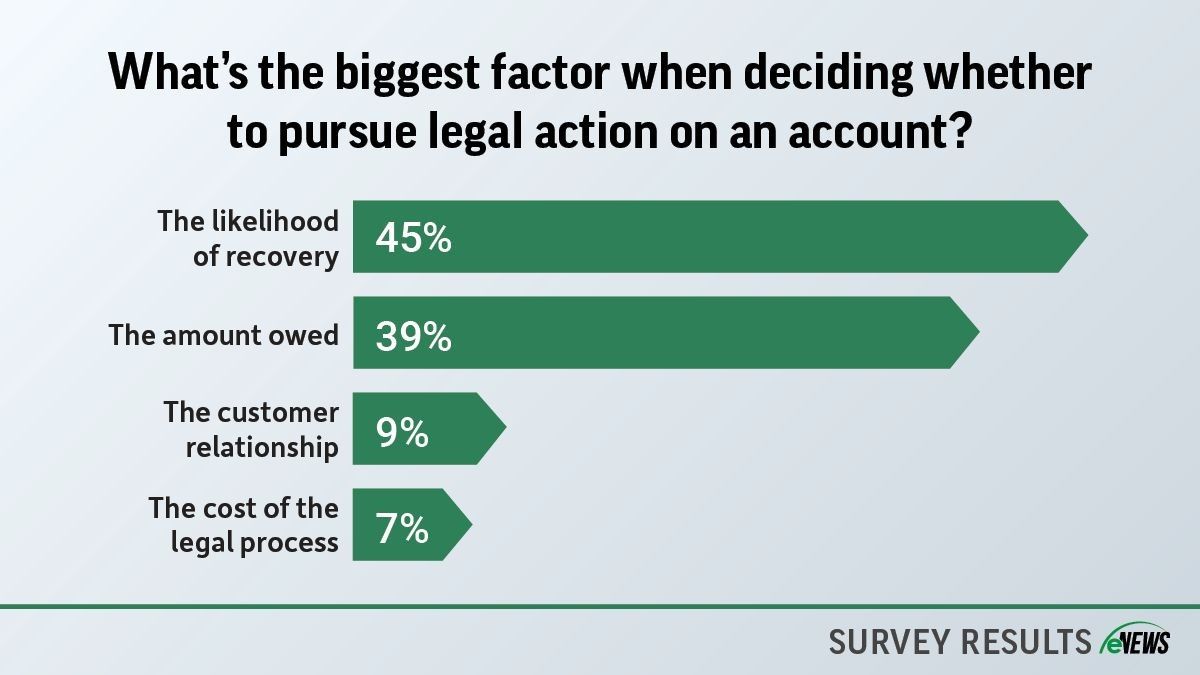eNews, Technology
E-notarization streamlines construction credit processes

Notarization ensures the authenticity and integrity of important documents, preventing potential fraud and forgery. With the advent of electronic notarization (or e-notarization), organizations can now have documents notarized in a more efficient, secure and convenient manner.
Why it matters: Understanding and implementing e-notarization can streamline the authentication process for vital construction credit documents, enhancing efficiency and reducing potential delays in project timelines.
Notarization is a process that authenticates signatures, ensuring signers are who they say they are, and understand and willingly sign documents. It involves a Notary Public, an official who has the legal authority to say that documents are correctly signed or true or to make an oath (promise) official.
A Notary performs a variety of official fraud-deterrent acts related to the signing of important documents called notarizations, or notarial acts.
- A Notary is required to adhere to written rules without substantial personal discretion, unlike a judicial official.
Electronic Notarization
In 2006, the National Association of Secretaries of State (NASS) supported laws for electronic notarization or e-notarization in several states.
- An Electronic Notary (or E-Notary) electronically notarizes documents without people needing to be present in one room.
E-notarization is becoming increasingly popular in the construction credit sector. In some construction projects, a property owner or general contractor may want a notary to confirm the signer’s identity, especially if they don’t personally know the subcontractors involved.
According to DeAnna Leahy, CCE, corporate credit manager at Sunroc Corporation (Orem, UT), the increased use of e-notaries in construction credit processes is due to the following factors:
- Efficiency and convenience: With e-notarization, documents can be notarized remotely, saving time and resources for both construction creditors and their clients.
- Enhanced security: E-notarization’s advanced encryption and authentication measures make notarized documents more secure than traditional paper-based methods.
- Remote work trends: Construction creditors and clients may not always be able to meet in person, making remote notarization a practical solution.
Yes, but: Not all states allow e-notarization for all types of documents, and regulations may vary. Documents that require notarization for legal validity are eligible for e-notarization if permitted by state law.
Construction credit documents that may need notarization:
- Loan agreements
- Mortgages or deeds of trust
- Mechanics’ (Construction) liens, lien releases
- Affidavits of completion or sworn statements
- Joint check agreements
What they’re saying: Tina McGlamory, lien manager at Trulite Glass & Aluminum Solutions, LLC (Peachtree City, GA), says that some vendors and attorneys allow them to use e-notaries when filing liens. “Most of the time, for e-notarization, they’d want an original copy mailed to back up their file,” she said. “If that’s the case, we would scan and send them the notarized original by email for filing.”
The problem with e-notarized lien waivers is that some states, such as Florida or North Carolina, will require you to keep records of the notarized documents. Alissa Brown, credit manager at Koch Air LLC (Evansville, IN), says she would prefer to use e-notary more often but many of their contractors still require them to mail original waivers to them.
While e-notarization can streamline construction credit processes and offer greater flexibility, understanding its legal and practical considerations is essential.
Construction creditors should be aware of the following key points regarding e-notarization:
- Legal validity: E-notarized documents are considered legally valid, provided they comply with applicable state laws and regulations.
- Verification: E-notarized documents should include the electronic signature and seal of the notary, along with evidence of any changes made to the document.
- Compliance: Construction creditors should ensure that e-notarization processes comply with relevant state laws and industry regulations.
- Risk management: While e-notarization offers benefits in terms of efficiency and convenience, construction creditors should also consider risk management factors, such as data security and fraud prevention.
“E-notarization does not completely eliminate the need for in-person notaries, as there may still be circumstances where physical presence is required or preferred,” Leahy said. “However, it significantly reduces the need for in-person meetings, especially for parties located in different geographical areas.”
The bottom line: Despite its limitations and varying regulations, e-notarization offers a more efficient, secure and convenient method for authenticating critical construction credit documents that can enhance workflow processes and accommodate remote work trends.
Interested in learning more about e-notaries? Reach out to Chris Ring of NACM’s Secured Transaction Services (STS) at ChrisR@nacm.org.





